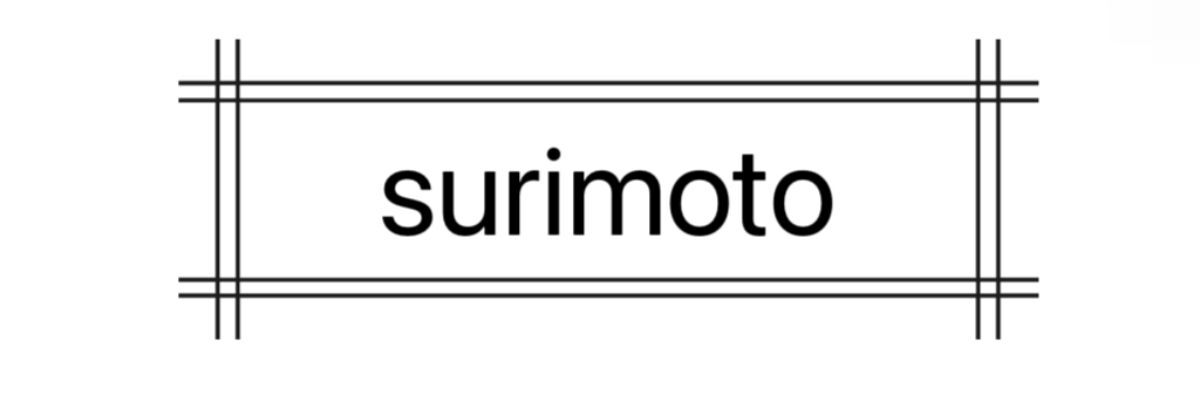How Should Leather Labels Redefine Fashion Authenticity?
Jan. 03, 2025
In recent years, the fashion industry has placed an increasing emphasis on authenticity as consumers seek more genuine and transparent brands. Leather labels, often associated with luxury and craftsmanship, play a crucial role in redefining what authenticity means in fashion. Here’s how leather labels can shape the future of authenticity in this dynamic industry.
Emphasizing Craftsmanship
Leather labels should focus on showcasing craftsmanship as a core component of their authenticity narrative. Each leather item, whether it’s a handbag or a pair of shoes, carries a unique story of the artisans involved in its creation. By highlighting the meticulous techniques and skills utilized in crafting leather goods, brands can foster a deeper appreciation for the work behind the product.
Storytelling Through Labels
Brand storytelling can be woven into leather labels. For instance, labels can include a brief history of the brand's origin, information about ethical sourcing practices, or anecdotes about the artisans who make the products. This connection adds depth and authenticity, allowing consumers to feel more engaged with the product and its background.
Transparency in Sourcing
Another vital aspect of redefining authenticity is transparency in sourcing materials. Leather labels must clearly communicate where their leather comes from, including details about environmental sustainability and ethical treatment of animals. This transparency builds trust with consumers, who increasingly prefer to purchase from brands that demonstrate responsibility toward the environment and animal welfare.
Responsible Production Practices
Beyond sourcing, brands should disclose their production practices. Leather production can often be associated with issues such as water pollution and waste. By adopting eco-friendly practices and sharing them through their leather labels, brands can not only promote their commitment to sustainability but also align themselves with a growing consumer demand for responsible fashion.
Utilizing Innovation
Leather labels can also redefine authenticity through innovative approaches. For example, developers in the fashion industry are creating sustainable leather alternatives made from pineapple leaves, apple cores, and other materials. By incorporating these innovations into their product lines, brands can attract a conscious consumer base while retaining the aesthetic and tactile qualities that leather is celebrated for.
Engagement Through Technology
In a digitally driven world, brands can utilize technology to engage customers more intimately. QR codes or AR experiences on leather labels can allow consumers to see the journey of their product—from sourcing to production to final purchase. This technological integration not only enhances authenticity but builds a bridge of connection between the consumer and the brand.
See also:7 Top Promotional Hawaiian Shirt Suppliers You Need to Know
Top Wholesale Short Sleeve & Long Sleeve Shirts - Easypromos
Bulk Hawaiian Shirts Wholesale: Your Ultimate Guide to Savings
Top Wholesale Suitcases for Smart Shoppers
Top Hawaiian Print Golf Shirts Wholesale: Style and Savings for Everyone
Celebrating Unique Characteristics
Choosing the Best Oven Mitt: Top Manufacturers
Why Should Manufacturers Embrace Eco-Friendly Lamination?
Leather is a natural material, and as such, every piece has its own unique characteristics. Through leather labels, brands should celebrate these imperfections as part of authenticity. Consumers are often looking for items that stand out; promoting individuality by explaining that natural variations are a mark of quality as opposed to flaws can attract buyers who value uniqueness.
Creating Limited Editions
Another strategy involves releasing limited-edition collections with distinct label designs or features. This exclusivity can enhance the perceived authenticity, allowing consumers to feel like they own something truly special. When consumers recognize that a product is part of a limited run, they may feel compelled to purchase it, driven by the desire to own a piece of unique fashion history.
Fostering Community and Heritage
Leather labels should also play a role in building a community around their brand. By encouraging consumer interaction through workshops, social media, and events, brands can create a sense of belonging. Emphasizing heritage can further deepen this community connection. By valuing tradition along with modern innovation, leather labels can build a more authentic relationship with consumers who appreciate both history and progression in fashion.
Ultimately, by focusing on craftsmanship, transparency, innovation, uniqueness, and community, leather labels can redefine what authenticity means in fashion. Consumers increasingly desire to connect with the stories behind the products they purchase, making it essential for brands to be genuine and transparent in their practices.
If you want to learn more, please visit our website leather labels for clothing, 73/48 baby size.
83
0
0

Comments
All Comments (0)